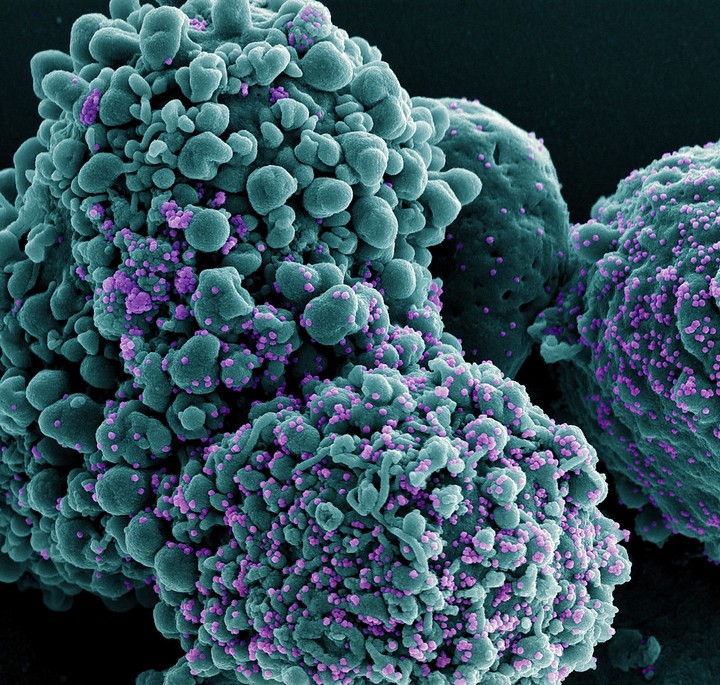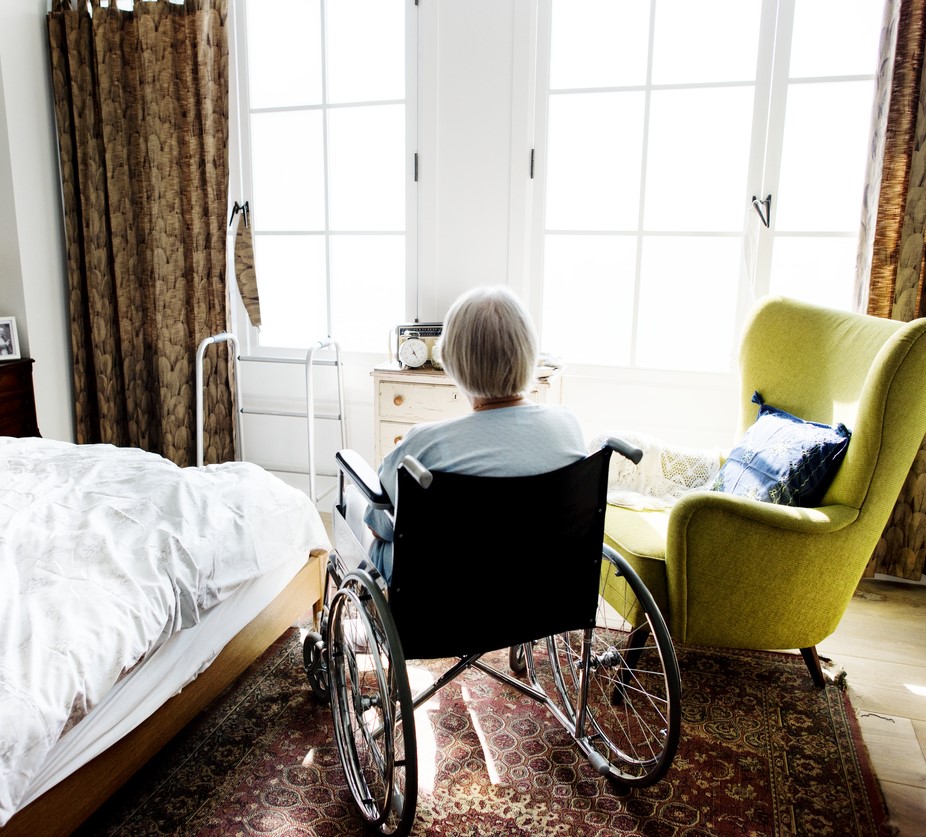 Researchers with the Israeli Phage Therapy Center (IPTC) reported last week in Open Forum Infectious Diseases that 78% of compassionate-use bacteriophage treatments given to patients since 2018 have resulted in a favorable outcome.
Researchers with the Israeli Phage Therapy Center (IPTC) reported last week in Open Forum Infectious Diseases that 78% of compassionate-use bacteriophage treatments given to patients since 2018 have resulted in a favorable outcome.
Since being established in 2018 by the Hadassah Medical Center and the Hebrew University of Jerusalem, IPTC has received 159 requests for compassionate use of phage therapy for previously failed infections—145 from Israel and the rest from the United States, Finland, and Germany. Because there is no standardization on authorization or approval of phages, which are bacteria-specific viruses that have emerged as a promising therapy for antibiotic-resistant infections, all phage therapy treatments are considered compassionate therapy.
Bone and respiratory infections were the most common indications for phage requests, and the most common bacteria were Pseudomonas aeruginosa, Acinetobacter baumannii, and Staphylococcus aureus. In the cases in which phage therapy was administered, antibiotic resistance accounted for 50% of cases, with multidrug-resistant bacteria being the most common reason (38%) for the phage request.
In 53 cases, potential phages matches were found, but only 20 treatments in 18 patients were administered; in the remaining 33 cases, phage therapy was not pursued for various reasons. Of the 18 patients who received intravenous phage therapy, 14 (78%) achieved clinical remission, and 4 (22%) were classified as treatment failure. No major side effects were reported.
"The use of phages with additional therapy resulted in high response rate," the study authors wrote. "The observed success also resulted in a substantial increase of phage therapy requests that is challenging due to reduced human grade phage availability and lack of proper authorized indications."
The authors say that while the sample size is small, they hope that sharing this information, along with conducting clinical trials, will help better define future indications for phage therapy and improve outcomes.

 Shielding, a public health strategy used across the United Kingdom in the early months of the pandemic, aimed to keep the most vulnerable citizens protected from the novel coronavirus at home and away from public-facing jobs and schools. But a new study of Welsh citizens published in the
Shielding, a public health strategy used across the United Kingdom in the early months of the pandemic, aimed to keep the most vulnerable citizens protected from the novel coronavirus at home and away from public-facing jobs and schools. But a new study of Welsh citizens published in the  An analysis of stool samples from patients in Mozambique, nearly half of whom had
An analysis of stool samples from patients in Mozambique, nearly half of whom had 













